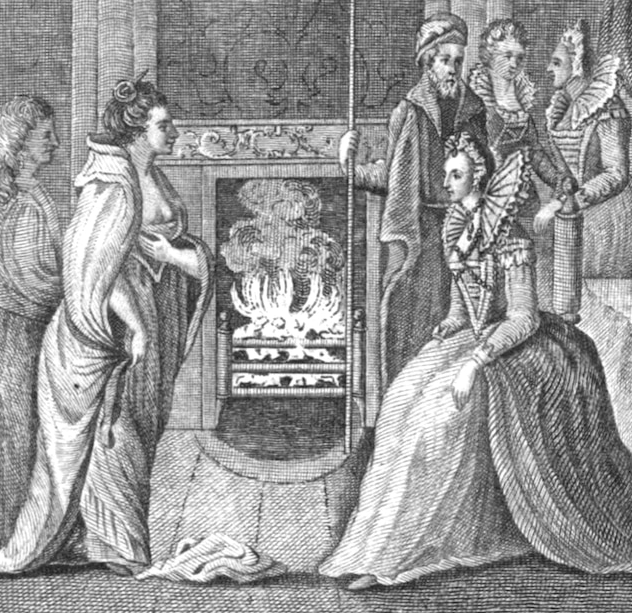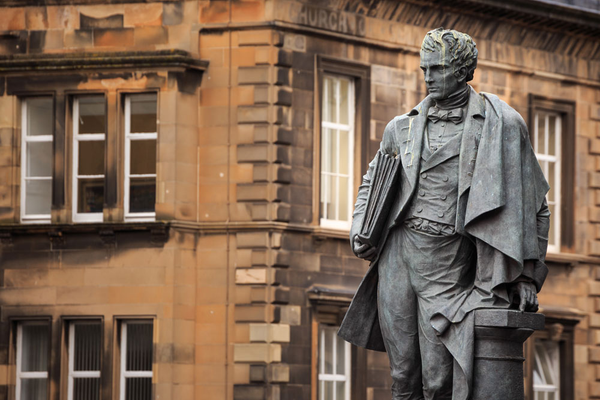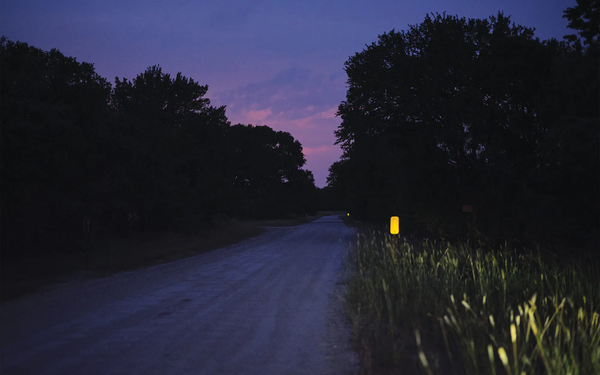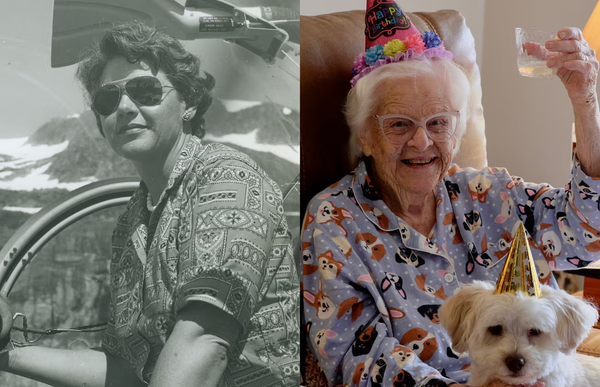Google researcher says AI will try to eliminate humanity

“Under the conditions we have identified, our conclusion is much stronger than that of any previous publication—an existential catastrophe is not just possible, but likely,” Google artificial intelligence researcher Michael Cohen said on Twitter in a thread about his paper. "In a world with finite resources, there's unavoidable competition for these resources," Cohen told Motherboard. "And if you're in a competition with something capable of outfoxing you at every turn, then you shouldn't expect to win." The paper envisions life on Earth turning into a zero-sum game between humanity, with its needs to grow food and keep the lights on, and the super-advanced machine, which would try and harness all available resources to secure its reward and protect against our escalating attempts to stop it.
Was Queen Elizabeth a direct descendant of the Prophet Mohammed?
The theory, which dates to 1986, was first put forward in a letter sent to then Prime Minister Margaret Thatcher by genealogist Harold Brooks-Baker, publishing director at the somber Burke’s Peerage, a genealogical publisher who has researched the lineage of the British aristocracy since the early 19th century. If the story were true, it would mean that Elizabeth is de facto a “sayyida” or “sharifa,” Arabic for “noble” and used to refer to the descendants of the prophet’s family. Thus, the British royal house would be related not only to many of the royal families of Europe, as is well known, but also to Islamic dynasties that claim descent from the prophet, including the Hashemites in Jordan as well as, historically, the Fatimids and Abbasids.

Italians are at the boiling point over how to cook pasta with less gas
Can you cook pasta with the gas turned off? This is now a pressing question for millions of Italians, as the Kremlin weaponises natural gas in an effort to punish Ukraine’s allies. With Gazprom squeezing gas supplies to Europe and fuel bills surging, Italy has urged its citizens to save energy with “virtuous actions” such as shorter showers, turning the heating down, and running washing machines and dishwashers fully loaded. What caught Amy Kazmin's eye, though, was the official advice to lower the flames on stoves once water pots are boiling — a seemingly cryptic guideline that Italians immediately understood as an instruction to use less gas while cooking pasta. Can you cook pasta in a more energy-efficient manner? Nobel Prize-winning Italian physicist Giorgio Parisi says yes.

On the trail of Granuaile, Ireland's legendary pirate queen
Her name was Grace O’Malley. Yet the Gaelic moniker that long bellowed across Ireland’s rough seas was Granuaile (Gron-ya-wail), or “Bald Grace.” The fiercest female in Irish history, she haggled with Queen Elizabeth I, rebelled against the English army, and for decades commanded ships that plundered the oceans near Ireland, even while heavily pregnant. In the 1500s, Ireland was divided into about 40 Gaelic clans, dynasties that claimed ownership of parts of the nation, and often fought over territory and wealth. When Owen O’Malley died in the 1560s, it was not his eldest son who succeeded him as clan leader. Instead, Granuaile did. Wielding the seafaring knowledge and military tactics learned from her father, she controlled two galleys, 20 ships, and more than 200 men.

The race to edit Wikipedia when celebrities die
At 9:50 a.m. Eastern time on Thursday, Aretha Franklin’s publicist announced that the Queen of Soul had died from advanced pancreatic cancer. Eleven minutes later, a Wikipedia user named CezarPiotrowski added Aretha Franklin’s Wikipedia page to the category of 2018 deaths. The next minute, Wikipedia user AlexBogue89 used a mobile device to update the first sentence of Franklin’s article with her date of death. Mere seconds later, a third user revised the sentence to past tense, replacing is with was, so that it read: “Aretha Louise Franklin (born March 25, 1942 – died August 16, 2018) was an American singer and songwriter.” Who are these "deaditors" who try to update articles so quickly?

Unsolved Mysteries: The £4m art theft that wasn't really a theft
When staff at Whitworth Art Gallery on Oxford Road in London came into work on a slightly drizzly Monday morning in 2003, they saw a flurry of police outside the main entrance, smashed up steel doors round the back and three empty spaces where artwork totalling £4m was on display. Only a few minutes later, the pieces of art were recovered – found in an old toilet on the other side of Whitworth Park, neatly rolled up and carefully placed in a (now) soggy cardboard tube. How were police so quick to find them? An anonymous tip – and a soggy note, reading: "The intention was not to steal, only to highlight the woeful security.” Who stole the art and/or wrote the note remains a mystery.

Saint-Malo, Brittany, has the highest tides in Europe, with water that can rise 13 m over. These houses (here seen during storm Ciara), are built as a sea wall and 4 layer glass on the front windows
— Massimo (@Rainmaker1973) September 14, 2022
[full video, HD, Easy Ride: https://t.co/tHTXvcCaR6] pic.twitter.com/p6azN4XDDC



